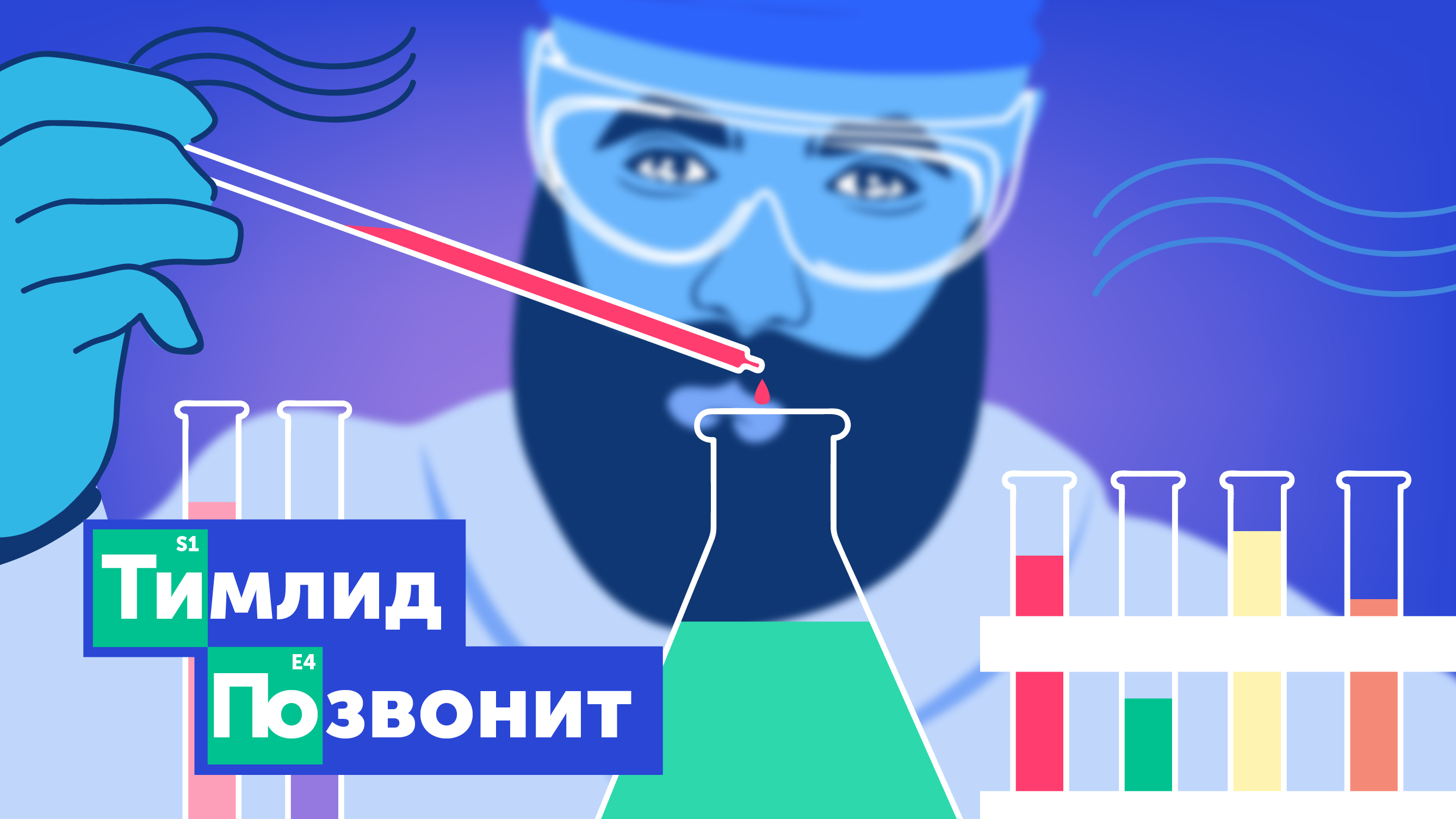
When I came to work, I thought that I should work from 9 a.m. to 6 p.m., do what they say to me - and that's all right. I did something, but why am I doing this, how to do it more efficiently, even in my thoughts it was not. After all, we had large projects where everything was tied to processes, and not to results.
Since then, the situation has changed. State research funding has declined. We live a lot with contracts that we conclude with real enterprises.
Audio on Soundcloud
Audio and previous releases on Youtube
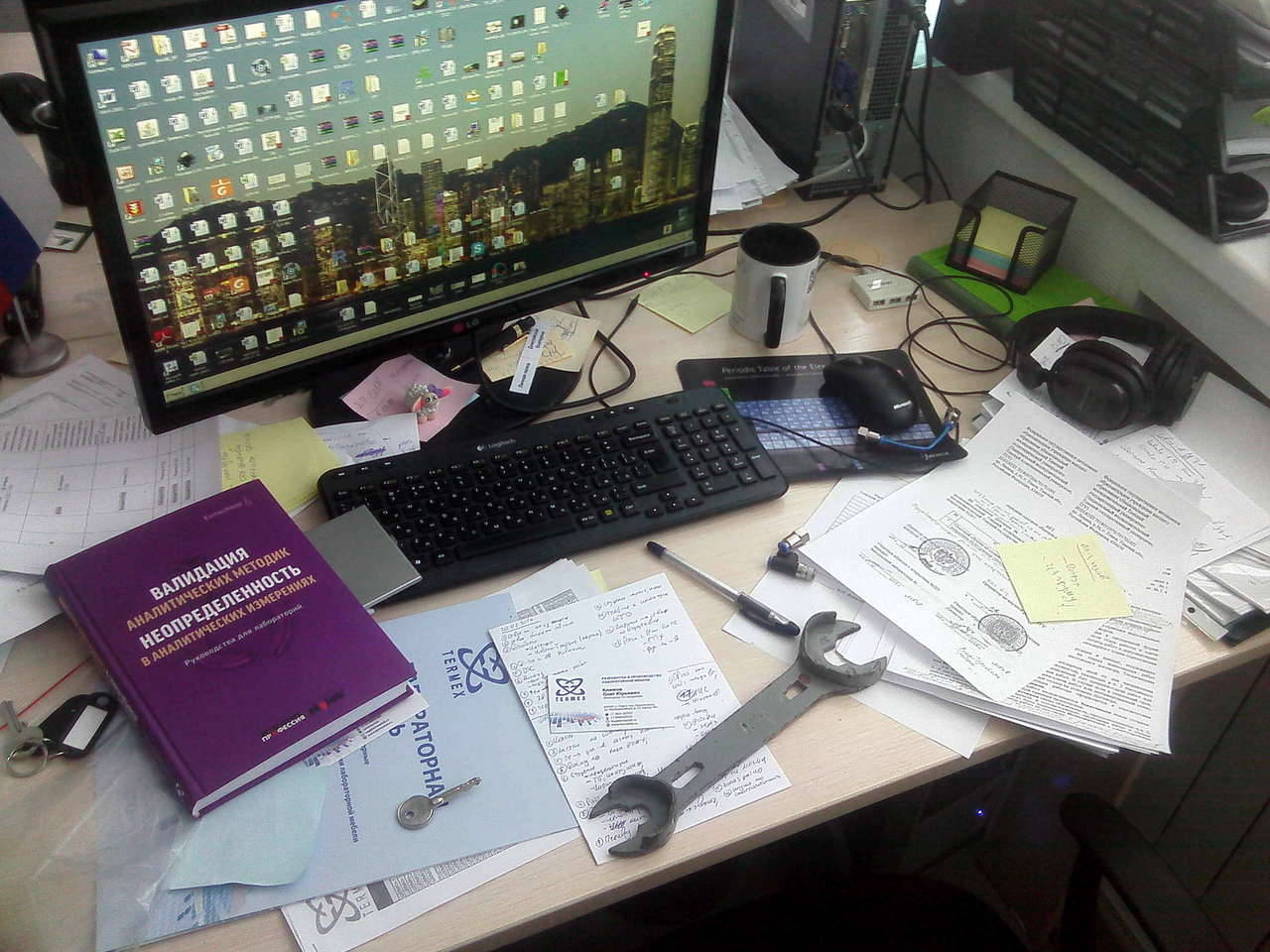
Photo from Dmitry's personal archive
We continue to prepare masters, give courses, like all university teachers, but in order to better exist, we do projects commissioned by pharmaceutical companies - we develop methods for analyzing new drugs.
When you have five projects, there is a treshak
At the moment when we went to short-term projects, there was a need to reduce the level of chaos: what to grab in the first place, what state for everyone that is happening now - everything was incomprehensible.
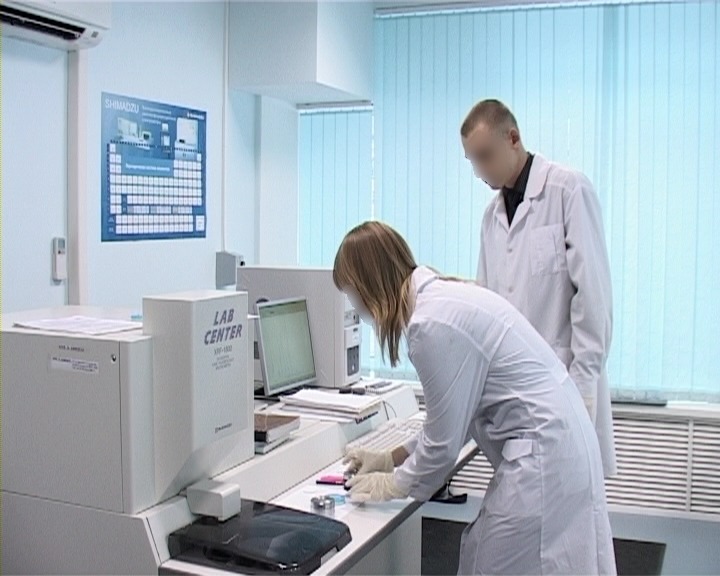
Photo from the post of Dmitry's team on Medium
We went through all childhood diseases: when at work there are a lot of projects at the same time and everything is tied to one person. Then they started reading about the experience of the digital industry, introduced restrictions on the number of projects at important stages, restrictions on a person so that he would not take on more tasks. Now we are trying to launch projects sequentially, and have also developed principles for their management.
As we made projects - first, second, third, fourth - I gave more and more authority and authority to people. And this is what we have come to.
How we determine who leads projects
Our laboratory today is more of a format in which there is a team that wants to do cool things and make a living from it.
Perhaps this is somewhat similar to the Gorbunov bureau, where there are different specialists and everyone is responsible for their own work front. For example, there are two comrades who are involved in liquid chromatography - and they are doing projects in this direction. There is a comrade who is engaged in nuclear magnetic resonance spectroscopy - he is the main specialist there, he does everything directly.
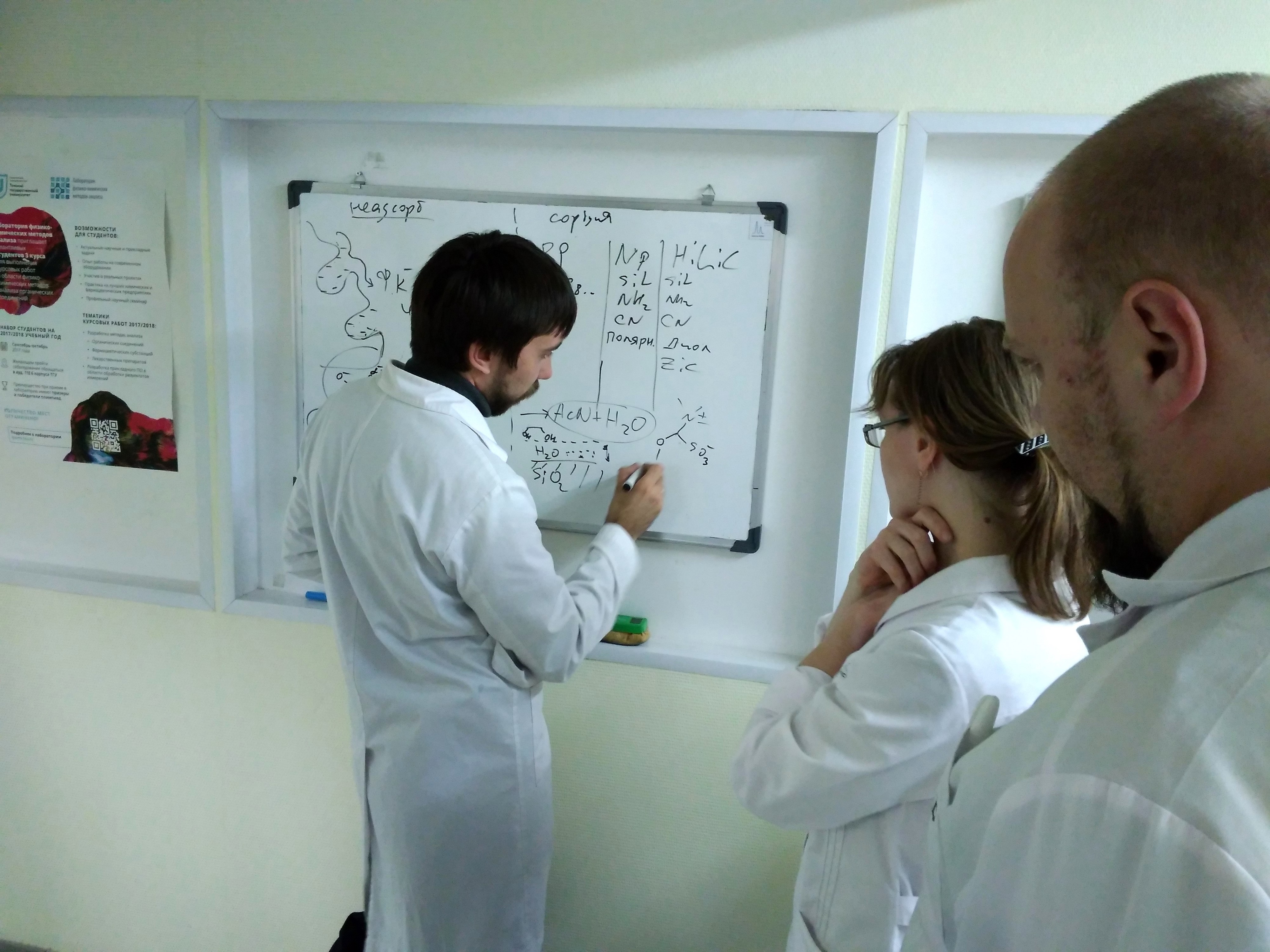
Photo from the post of Dmitry's team on Medium
When we start working with a factory, it doesn’t happen that someone is appointed “from above” to lead us. Customers say, “It’s good for us to do this,” and one of us says, “Yes, I take it and answer in full.” He already roughly understands how to solve this problem, or does not assume, but is ready to take on it.
By default, it is understood that he will be responsible for the timing and for the result, will assemble a team of youth for himself, etc.
When we get money from business, our task is to get a specific result within a specific time. Because we all understand that we are working for ourselves. There is a direct realization: you can take the project and thus get more. But if you file it, then the financial condition of the whole team may worsen. At the same time, I will always be to blame for the external customer.
How we abandoned the hard work schedule
In government organizations, there is usually a tough office regime. We completely departed from this. This is a principle to which we partly came naturally, and partly having read the bureau of Gorbunov and others.

Photo from the post of Dmitry's team on Medium
I have a peak productivity from 7 to 10 in the morning. Another comrade has a peak of productivity in the evening: he comes to dinner and figache, he is so comfortable. Another friend ... I don’t even know when he works, because he usually doesn’t exist during the day. But he has always done everything and everything is great. And such freedom, it seems to me, reduces the level of stress.
Why should an adult say what time to start work and how much to finish?
We agree on the result, on its quality, on the timing, and the person builds his regime on his own. It’s so comfortable for me to work so well, and, accordingly, the guys remained in the team, imprisoned for the result, and not for serving 8 hours.
How we lead the project
A typical task: a pharmaceutical plant wants to produce a new medicine, it needs a full set of methods for analyzing the drug - how many active substances are in this tablet, how many impurities are there, how much it turned out genuine. We must develop a methodology and help implement it in the customer’s factory laboratory.

Photo from the post of Dmitry's team on Medium
Typically, such a project lasts about three months and is divided into three key stages. First up is the development of the method. Then we do its validation: in various ways we confirm that this thing works and gives a reliable result. Something like testing in your IT. And the final stage is the transfer. We transfer development from our laboratory to the laboratory to the factory.
We are going to do the decomposition, break everything into cards on the board. In principle, the tasks that arise in this project are often clear from its essence: there is a certain set of steps and more or less clear what follows. We simply visualize what to do and at what moment. Then we take, if I may say so, some tasks in a short sprint, and then once a week the team gathers and exchanges information. This is not a planning session: rather, we update the board, discuss what is happening, generate small subtasks that arise in the process.

Screen from the post of Dmitry's team on Medium
At first we wrote the minutes of such weekly meetings - it was an offline document. But you won’t make any changes to it, you need to forward everything to everyone, etc. We went to a Google document, where we wrote tasks for specific projects, but it turned out something so terrible. So we decided that for each project we need to start some kind of our own separate piece. And they came to the boards. And since in each project quite often it is necessary to make a number of managerial decisions from that, there was a need for all this to be done online. And we, in fact, came to the trillo and to the regime that we have now.
Our knowledge base and retrospectives
Sometimes we just get together and discuss what was done wrong in the previous project - and how to change it. We periodically gather for business breakfasts: in such an informal setting, we discuss something over delicious food and coffee.

Post from the “Notes of Zavlaba” channel
Plus, I began to some extent share our experience and conclusions: I started a telegram channel. The whole team is also subscribed to it: when you need to fix a thought or a file, I write there, they all see it.
We have all the document templates - we send them to the customer in advance, we coordinate everything with him. Many things have already been worked out for us: for example, I can open a backup of a previous project, take a suitable template from there, change the name - and we quickly apply it in the next project. On the other hand, every time we hone something - and if, for example, we made a joint in one project, we try to make changes and try to make sure that the joint does not happen in the next.
Our onboarding
The backbone of the team grew together, we have all the principles laid down in the subcortex. But when new guys come, for example, students, we give them a ready-made list: “Here, read it.” The principles we published on the medium , they are available to everyone. A person first sees how these principles are formulated, then observes their implementation through participation in projects.
There was such a turning point when I realized that people should not be forced to work.
To re-educate an adult, firstly, is impossible, and secondly, why? First, a person receives a small piece of someone’s project. Then he takes his project and leads on his own. And we look at him.
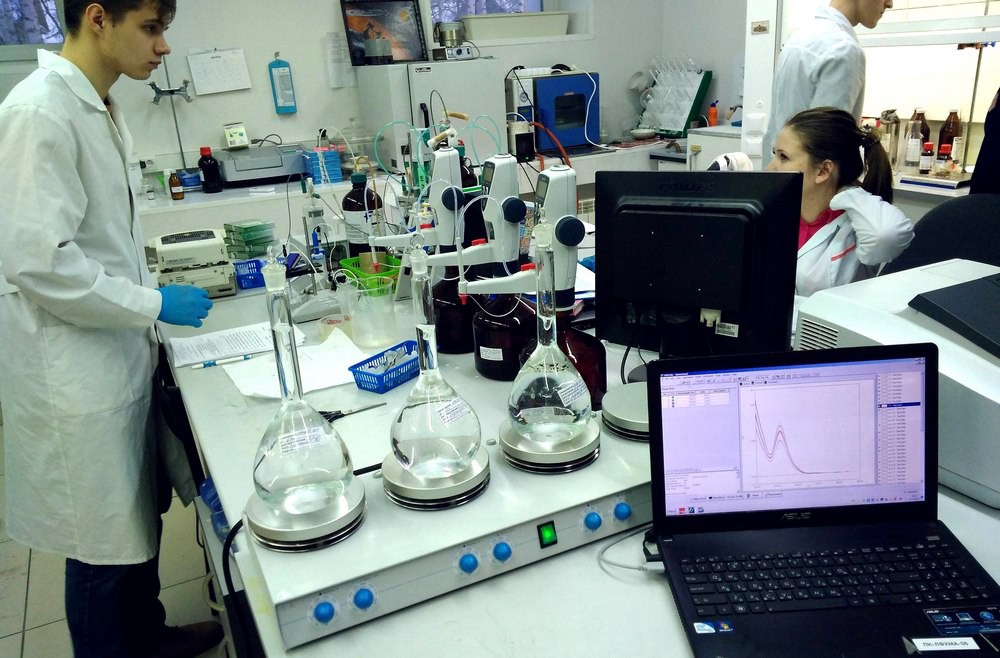
Photo from the post of Dmitry's team on Medium
Further, it either begins to grow, or the principle is this: if a person took a task and then disappeared, we forgive the first two or three times, but if this happens systematically, then we do not cooperate. Accordingly, if a person is not ready to work, then he simply will not have the next project and he will continue his scientific work somewhere else.
How we abandoned processing
The first few years of transition, I worked seven days a week. I thought it was normal to leave work on Sunday evening, but I did everything. Now I understand that if a person does not rest, then it gradually burns out. I put the time on rest in the calendar ironically, and, in principle, I try to prevent such moments so that someone has to rework heavily. When there is time for yourself, there is time for family, this is such a very positive moment. It greatly affects productivity.
Here is another principle that helps not burn out: when people understand that the result of their work will be implemented, this is also a cool motivation
We even now have such a metric: not just how many projects we did, but how many results, implementations we had. Because if we made a project, but did not implement it, it means that we did it in vain. Even though they paid us money.
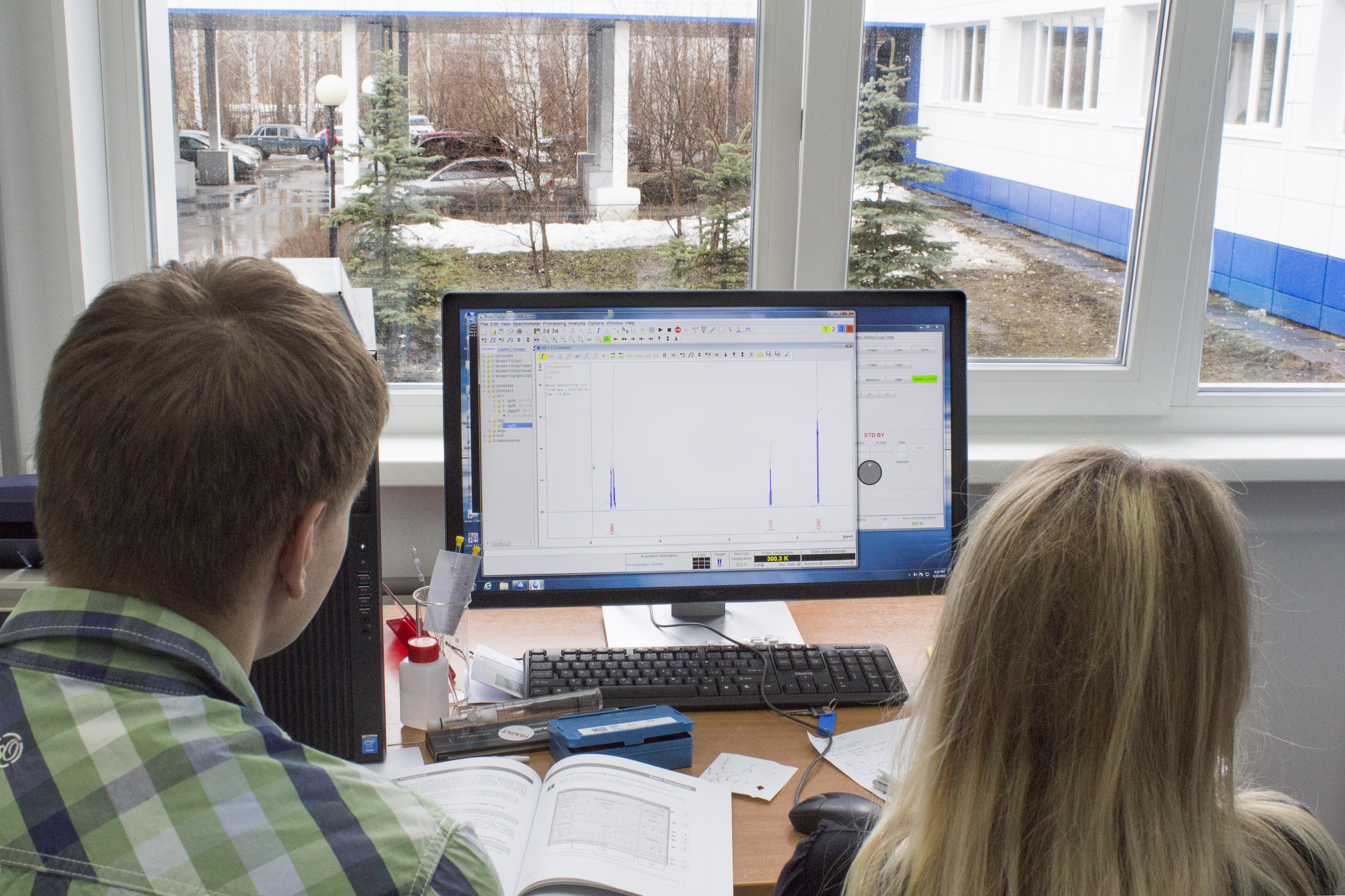
Photo from the post of Dmitry's team on Medium
After all, we want exhaust from our work, right?
ps And how is it at your work?